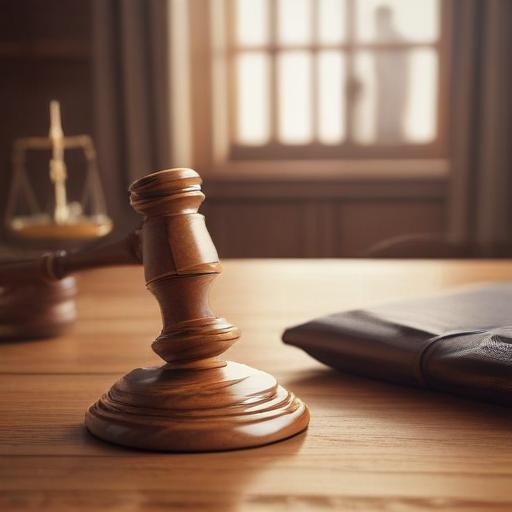The Supreme Court has intervened in a notable dispute regarding the rights of a Maine lawmaker, ruling that Republican Rep. Laurel Libby cannot be barred from speaking or voting in the House of Representatives due to her remarks about a transgender student athlete. This decision comes in light of significant backlash Libby faced after posting on social media about the victory of a transgender girl in a state pole vault championship earlier this year.
The Trump administration has expressed support for Libby, with the Justice Department submitting a brief to a federal appeals court. This sets the stage for ongoing litigation regarding the case. While the ruling was welcomed by Libby and her supporters, it drew dissent from two liberal justices, Sonia Sotomayor and Ketanji Brown Jackson, who disagreed with the court’s decision.
Libby previously criticized Maine’s policies allowing transgender athletes to participate in high school sports, and her social media post included images of the athlete from both a recent competition and a previous event when they competed in the boys’ category. Following this, the Democrat-controlled Maine House censured Libby, imposing a punishment that barred her from participating in legislative activities until she issued an apology.
The Supreme Court’s ruling addressed the punishment imposed by the House that effectively silenced Libby, a move her lawyers argued infringed on the rights of her constituents to be represented in the legislature. They filed for immediate reinstatement so that Libby could contribute to the ongoing legislative session, citing potential violations of the 14th Amendment.
Maine’s Attorney General characterized the House’s actions as a “modest punishment” requiring only an apology rather than a retraction of Libby’s views. In her dissent, Justice Jackson noted that the plaintiffs did not convincingly demonstrate the necessity of Libby’s vote for any upcoming legislation, expressing skepticism about the likelihood of success on their legal arguments moving forward.
This case reflects important tensions surrounding free speech, legislative conduct, and the ongoing debates regarding transgender rights in sports. It remains to be seen how the situation will unfold as litigation continues.
This ruling also raises broader questions about the balance of power in legislative bodies and the extent of individual lawmakers’ rights to free expression, suggesting that similar cases may emerge in other states or contexts.
